I am a card-carrying member of the Baby Boomers generation, born between 1946 – 1964. And like many of the Boomers, I am retiring (tomorrow, as a matter of fact).
But I am a bit odd (perhaps “unique” is a more correct term) in that I have worked for only one employer, Dittman Incentive Marketing, for 36-plus years.
Every day of the journey has been memorable, both the mountaintop experience days and even some of the valley days. It has truly been a “perfect match” in a multitude of ways . . . new challenges and opportunities every single day, successful partnerships with a wide array of clients, being a part of a growing and exciting industry. All possible because of company values – held and practiced by both senior executives and colleagues – that placed the greatest importance on high collaboration, accountability, respect, service, and ethical behavior.
As I prepare for my retirement milestone I do, however, have a concern about the workplace in general. As Baby Boomers retire, will there be enough experienced workers to replace us?
Will the Boomers’ “institutional memory” be passed along? Will their “mature experience” be missed? And is the Boomers’ well-regarded work ethic replicable?
According to the U.S. Bureau of Labor Statistics, there are approximately 76 million members of the Baby Boom generation, and 80 percent of them were active in the work force over the past years. Already, the percentage of retired Boomers has nearly doubled since 2010. Over the next decade, it is estimated that an average of 10,000 skilled workers will leave the workforce each day.
Next in line is Generation X, born between 1965 and 1979. The problem? There are only about 48 million of them. Then there’s the next group in the workplace, the Millennials/Generation Y, those born between 1980 and 2000. There are about 80 million people in this age group.
In an article by David Koeppel in the Fiscal Times, generational conflicts have always been present in the workplace, but experts say Baby Boomers and Millennials have characteristics that are significantly different. Millennials often have a different set of work-life values than Boomers. Boomers tend to be work-obsessed while many younger workers expect the flexibility that allows them to pursue life activities outside the office. Regardless of differences in approach by the two groups, the Millennials might be too inexperienced and may fall short on the historical perspective and experience of the Boomers. And there just aren’t enough Generation X’ers to fill the gap. Organizations may find themselves struggling if they’re not actively addressing these demographics.
To remain competitive, businesses must transfer critical knowledge and experience from retiring Boomers to younger employees. What’s more, to counter the experience shortage, companies must hold on to the talent they have. For hiring, training, and mentoring programs to be cost-effective, the Millennials need to stay a while. It’s called retention. Organizations need all levels of management to engage the employees, to get them excited every day about the job, to keep them motivated, to create an environment that recognizes their individual and team achievements.
For your consideration (borrowing a phrase from Rod Serling’s Twilight Zone, a favorite of many Boomers), there are three keys areas to include in the blueprint for the next generation of leadership:
- Transfer of Knowledge. Companies must find ways of transferring as much knowledge and experience as possible through direct mentoring and creating written documentation whenever possible.
- Adapting Leadership Styles. A different cultural awareness will be at the heart of future business. Emotional intelligence will be even more important for success than technological prowess. Adapting need not involve dramatic change, but it requires a subtle shift of culture and priorities.
- Reconfigure Structures and Incentives. The focus will be on a generation that values work/life balance and personal fulfillment, and thinks in terms of working “smarter” rather than working longer. Attracting and retaining talent will be the biggest human capital issue over the next 20 years. In a fast-moving and fluid labor market, where the best employees know they are readily employable, companies must have clear and attractive recruitment and retention strategies, supported by specific individual recognition of achievements.
For tomorrow’s leading organizations and leaders, flexibility and a focus on people will be key survival attributes.
We’ve been hard at work on my transition here at Dittman. I’ve been collaborating with my colleagues to transfer knowledge and understanding about my projects and clients. I’m pretty sure they’ll be alright.
P.S. By the way, I’m only retiring from work, not from life! See you at the early-bird special?



